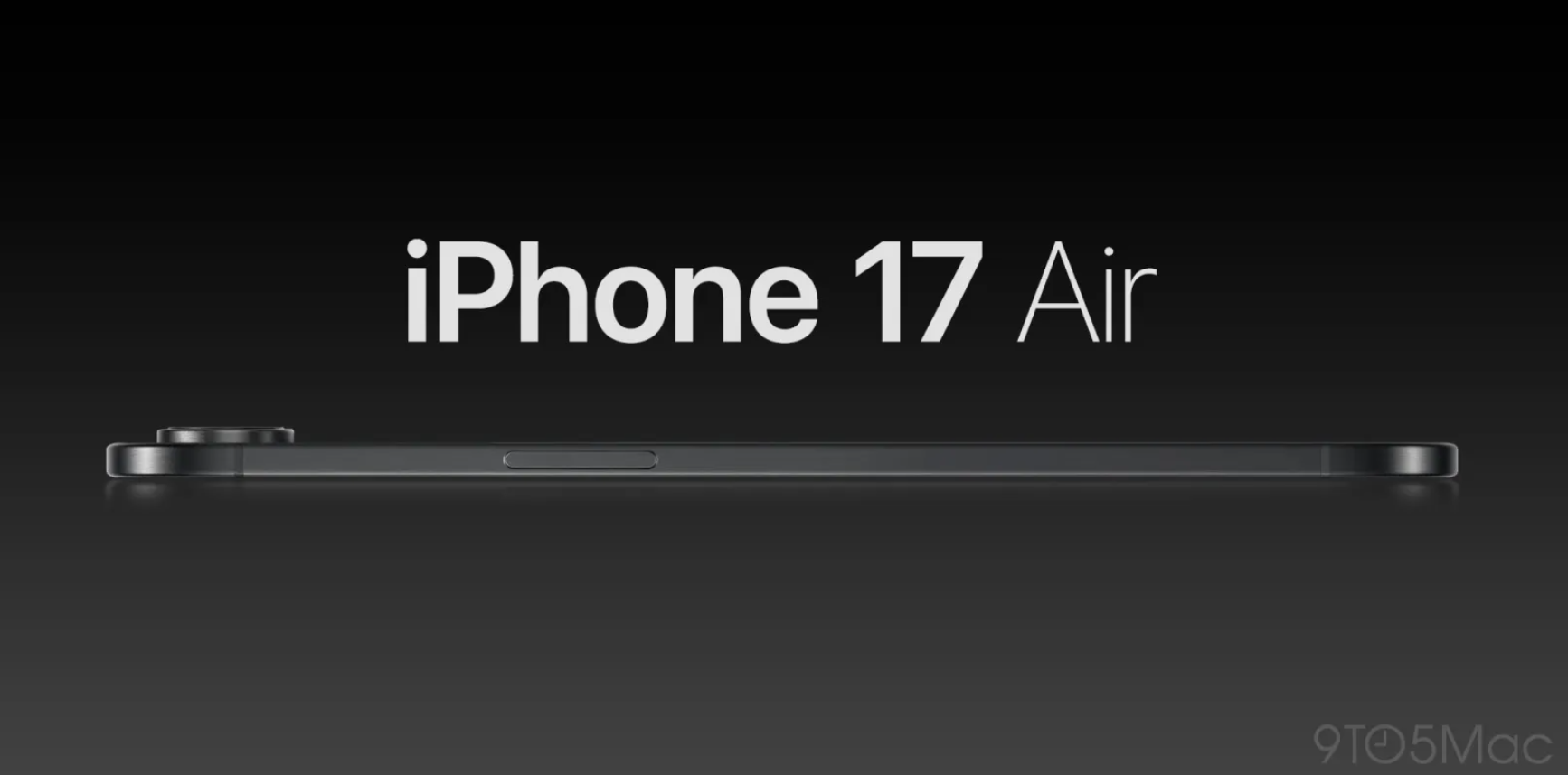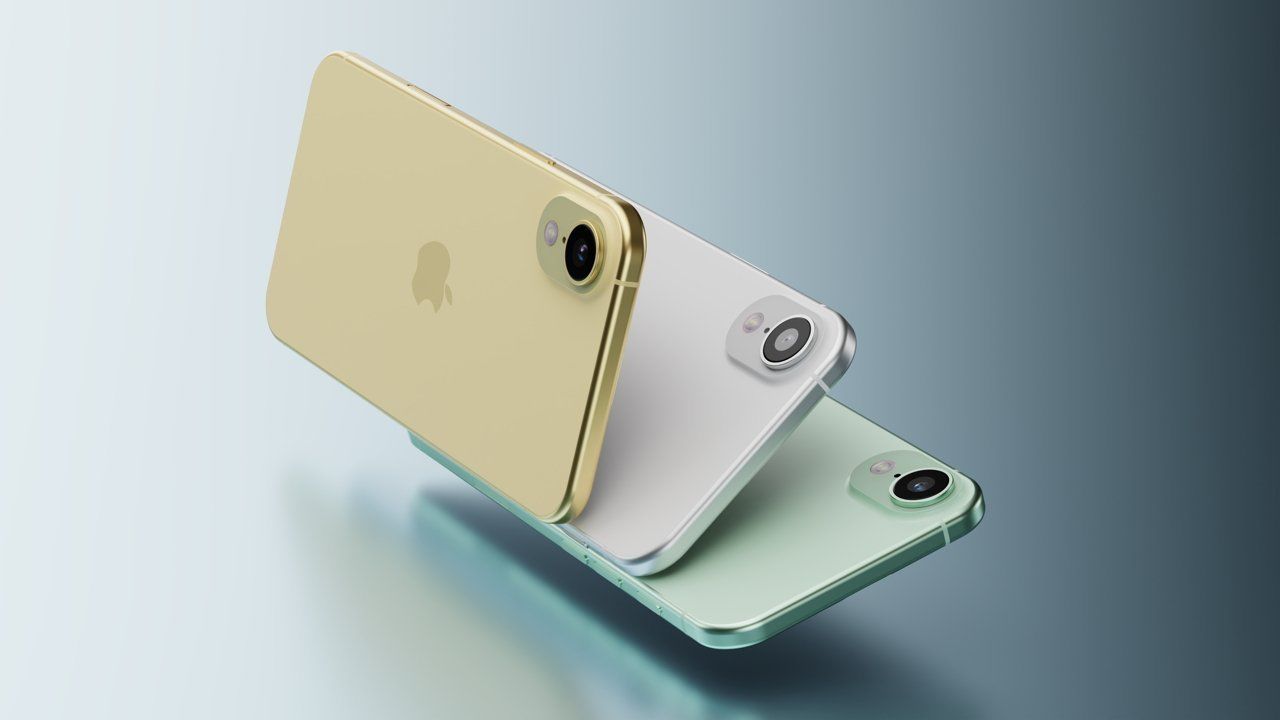According to rumors, Apple will tap display supplier Novatek for next year's iPhone 17 Air.
Next year, Apple's iPhone 17 Air could claim the title of thinnest iPhone ever thanks to Novatek's advanced display technology.
Taiwan's leading display driver IC maker Novatek will begin mass production of OLED TDDI (Touch and Display Driver Integration) technology in the second quarter of 2025. OLED TDDI integrates touch and display functions into a single chip, making the display thinner and more efficient.
Illustration photo.
Apple is expected to be one of the first companies to adopt this technology for its future iPhone models, starting with the iPhone 17 Air. This technology could help OLED screens become thinner and more energy efficient, giving Apple a competitive advantage in display technology.
According to DigiTimes, the display technology could also be used in other Apple product lines, including the iPad and Apple Watch, before expanding to the company's iPhone line. The integration of TDDI could improve design flexibility and efficiency, marking a notable departure from the separate display and touch components typically used in OLED devices.
Impact on Apple devices
Integrating TDDI OLED technology into future Apple devices would have a number of major benefits. First, by merging the touch driver and display into a single component, Apple could reduce the thickness of the display, making iPhones and iPads thinner.
OLED TDDI also promises improved energy efficiency, as OLED technology inherently consumes less power than LCDs and can extend battery life. Performance improvements such as smoother touch response and faster screen refresh rates are also ideal for Apple's high-end products.
Rumors about iPhone 17 Series
The 2025 iPhone lineup will include: iPhone 17, iPhone 17 Pro and a new iPhone model , which is expected to bring significant changes. One of the most notable rumors is the removal of the iPhone Plus model due to unimpressive sales.
The iPhone Slim or iPhone Air would be a much thinner version, possibly incorporating a titanium-aluminum alloy frame to resist warping.

iPhone 17 Air concept photo.
The iPhone 17 is expected to be powered by the A19 chip, with the iPhone 17 Pro models benefiting from TSMC's first 2-nanometer chip. These chips offer better power efficiency and thermal management. Additionally, rumors suggest that the iPhone 17 Pro models could get up to 12GB of RAM, improving multitasking and performance for more powerful apps.
Camera upgrades are also expected on the iPhone 17 series. At least one iPhone 17 model will likely offer adjustable aperture for improved portrait and video focus effects. Additionally, the front camera will double in resolution to 24 megapixels.
Due to its thinner design, the iPhone Slim may feature only one rear camera to accommodate internal space constraints.


